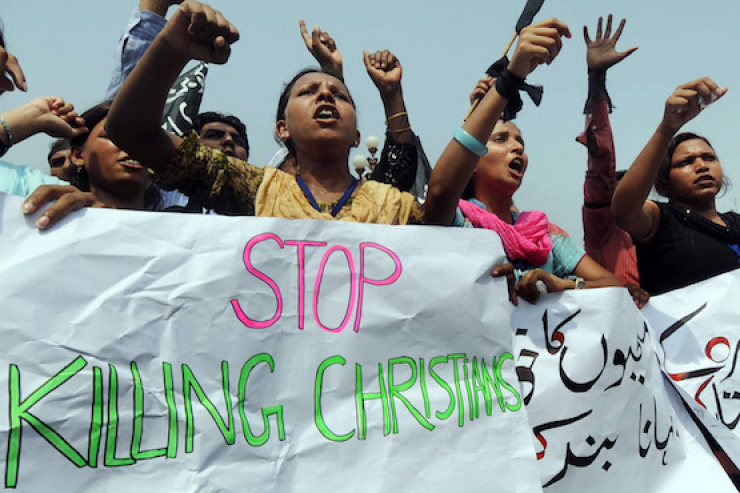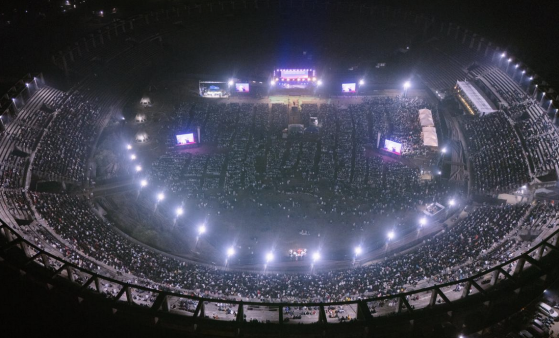
Christians in a village in Punjab are demanding the right to pray in their community church, two years after district officials closed it.
In Nayya Sarabah, a village in Toba Tek Singh district, a church consisting about 40 families was shut down two years ago. The church members were ordered to remove all religious symbols and to meet in private homes.
The church was sealed because of opposition by Muslims.
"Last month the police had us sign a document with which we had to agree to build a new church in a different place," Rev. Samuel Taskeen told AsiaNews.
"They forced us to remove all religious symbols from the present building and to use the church only as a residence and conduct prayers in our own homes, until the construction [of the new church] is completed," he added.
At present, they gather at the homes of few members for prayer and service. But the community needs their place of worship as it is their right to gather and pray. They have a filed a writ petition to a higher court.
"Praying is our fundamental right. This is a complete violation of the spirit of the Constitution and of our human rights. Pakistani Christians are being treated as criminals in their own homeland," said Shahzad Munshi, a Christian and a former member of the Punjab Provincial Assembly.
Last two years, the community had used a place belonging to Rafaqat Masih, counselor of the Christian Union for Minorities, for Christmas and Easter celebrations. He had had donated 177 square meters of land where the church stands.
Taskeen explained Masih's help for the Christian community.
He said, "The man had no children and now the district commissioner claims that his land had been purchased with a ban on commercial or religious use. This is why we want to present the writ petition to the Lahore High Court because the Toba Tek Singh district administration is biased."
According to a police document, dated 31 May, "the church was built without a certificate of non-opposition. This has caused tensions between Muslim and Christian communities."
However, Shahzad accused the district commissioner of discrimination.
In Pakistan, the government has no objections to a mosque, but to build a church, there are so many procedures and restrictions, he added.




